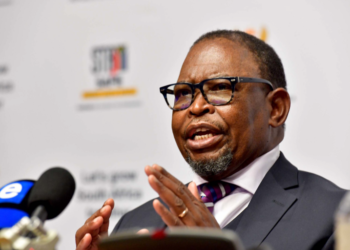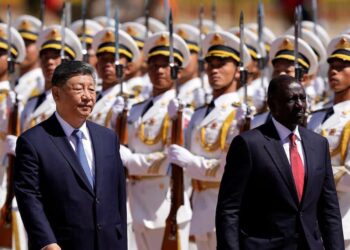By John Ikani
West and Central African countries seem to be in the news for all the wrong reasons at the moment.
The region has the most coups than anywhere else in the world and just since 2020, there has been no fewer than 6 coups or attempted coups.
That has led a lot of people to ask what’s behind the rise in Military takeovers.
There are a number of reasons for the increase in military uprising in the region. First there is insecurity.
Insecurity:
The spread of jihadism in the Sahel has put pressure on the armed forces. This is being worsened as foreign powers including France are reducing their military presence in the region.
In Mali and Burkina Faso, the military cited discontent with how the security crisis was being handled as the reason why they intervened.
Bad Governance:
Another reason given for the rise in Coup is popular discontent of elected leaders. Junta have seized on the population’s unhappiness with politicians to position themselves as the voice of the people.
Corruption and economic mismanagement led to popular uprising in Mali. Constitutional amendments such as the one introduced by Alpha Conde, in 2020 in Guinea, allowing him to run for a third term also led to anger, paving way for the military to take over.
Ineffective International Bodies:
Thirdly, some blame regional bodies for failing to uphold Democratic values. The West African Economic and Political Bloc (ECOWAS) as well as the Africa Union regularly condemn coups and impose sanctions but analysts say these are poor deterrents as proven by the fact that coups simply keep happening.
These bodies have also been criticised for their muted response to wrongdoing by elected government s such as the illegal of presidential terms.
Are These Coups Linked?
Another frequently asked question is whether these coups are somehow linked.
The reasons behind them vary, but some of the socio economic realities are strikingly similar.
Poverty, insecurity and bad governance are rife in the region. It also has a young population that’s mostly unemployed and has been willing to take to the streets to protest.
Combined with the rise in jihadism and rebel groups in the region, it’s made for a volatile cocktail.
Unless some of these structural issues are addressed, political instability may continue to rock what was once known as Africa’s coup belt.



































